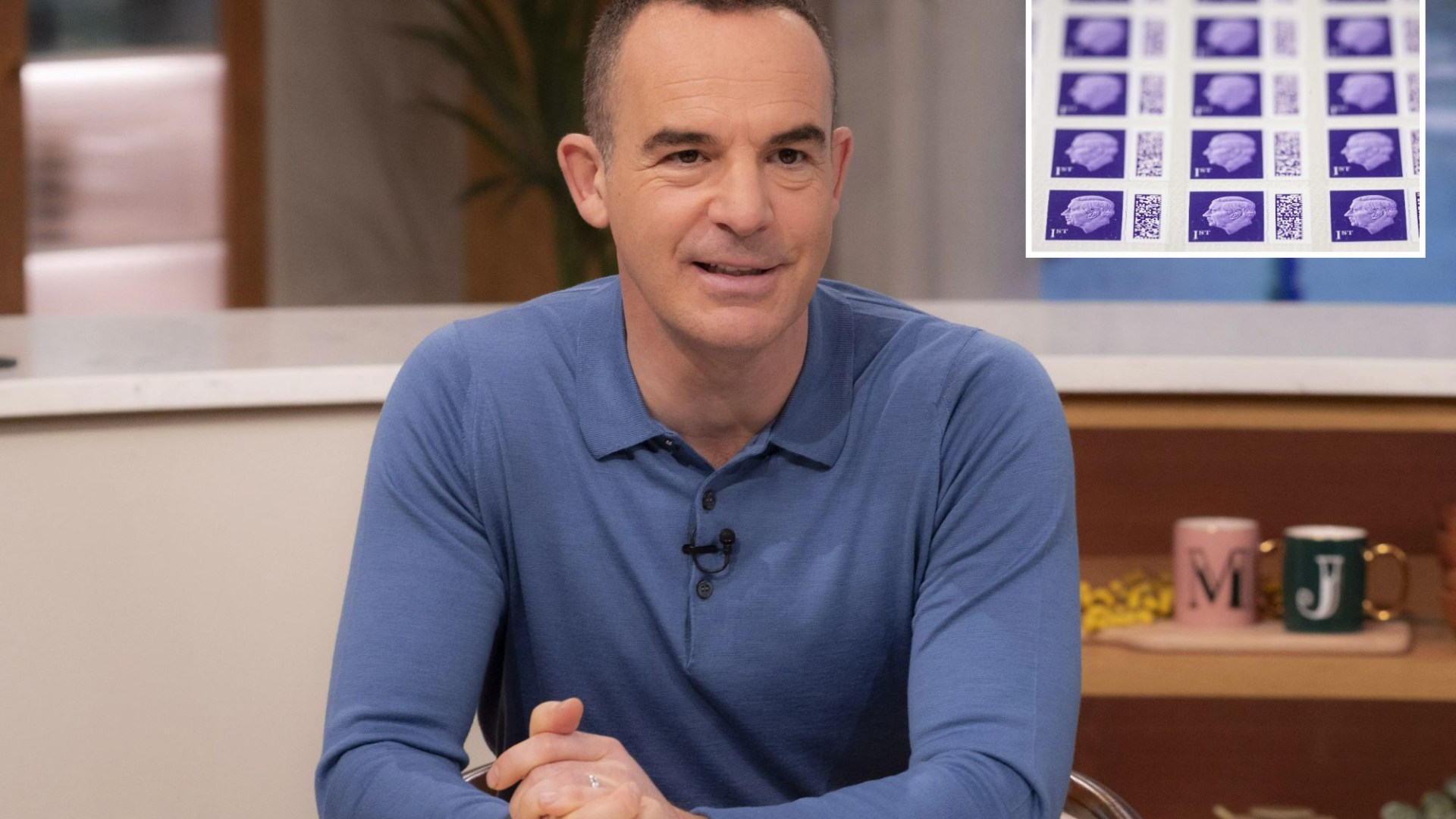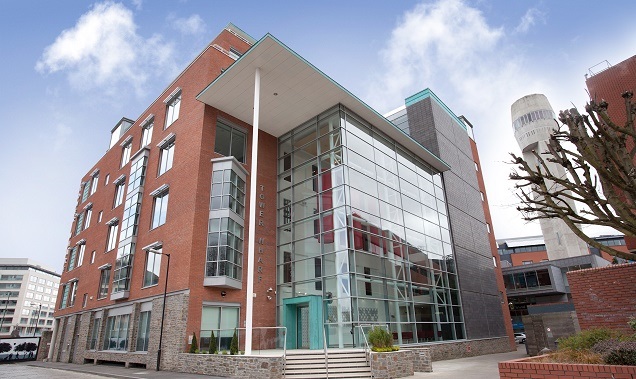Investment experts are warning of a potential tax raid on pensions by UK chancellor Rachel Reeves in this month’s Budget, as the UK government seeks to close a £22bn-hole that it has identified in the public finances.
The government estimates the net annual cost of tax relief to be £48bn. But a failure to create incentives for pension investing could store up problems in the future, as ministers weigh up the range of options at Reeves’s disposal.
Where are the biggest gains?
Income tax relief on pensions contributions cost about £27bn in the past financial year, according to the Office for Budget Responsibility, the fiscal watchdog.
One commonly suggested way to raise revenue is to limit the tax benefit on money paid into pensions for additional and higher-rate earners. Tax relief applied at the basic income tax rate of 20 per cent across all contributions could raise about £15bn a year, according to the IFS.
Relief is set at the marginal rate, so 40 per cent for higher rate and 45 per cent for additional rate. Under current rules, savers can pay up to £60,000 into their pensions each year and receive tax relief at their marginal tax rate. While in opposition, Reeves argued for a flat rate of pensions tax relief.
However, advisers warn that reducing higher rate pensions tax relief would hit a group of public sector workers the government is unlikely to want to alienate, and drag more people into the £50,270 higher-rate tax band, particularly in the public sector where pension contributions are higher.
Investment consultants Lane Clark & Peacock said that flat-rate tax relief would be “hugely complex to implement and could potentially create millions of losers”.
“This is really one of those ideas that gets worse and worse the longer you think about it,” Isaac Delestre, Institute for Fiscal Studies research economist, posted on social media platform X.
Are there more palatable alternatives?
Advisers said the government was more likely to opt for levying a rate of national insurance on employer pension contributions — a change that would be less politically painful.
Employers currently pay national insurance of 13.8 per cent on earnings of more than £175 a week, but these are exempt for pension contributions.
The exemption costs the Treasury a headline £23.8bn a year, and encourages the practice of “salary sacrifice”, where an employee accepts a lower salary in return for their employer paying the cost of their pension contributions.
Stripping out the relief enjoyed by public sector employers — such as schools, hospitals and local employers — the Treasury could potentially raise about £16bn a year from the private sector, according to calculations by pension provider LCP.
Charging NI on employers’ pensions contributions would allow the Treasury to raise money quickly without savers feeling an immediate impact.
Tom McPhail, a pensions specialist at consultancy Lang Cat, said the policy was “the lowest fattest fruit on the tree”. But such a move could be criticised for failing to support the government’s mission to stimulate growth and encouraging long-term savings plans.
What about inheritance tax?
The inheritance tax exemption for defined contribution pensions is viewed as one of the most generous pension tax reliefs.
Under current rules, personal pensions can be passed to your beneficiaries free of tax if you die before the age of 75. If you die after 75, beneficiaries will pay income tax on money withdrawn at their marginal rate.
The chancellor could reintroduce income taxation of inherited pension pots when the person who dies is under the age of 75. Currently, pension pots are not subject to inheritance tax.
Another option is to include defined contribution pensions within estates and therefore make them subject to inheritance tax.
Christine Ross, client director at Handelsbanken Wealth & Asset Management, said: “I think that there’s a great possibility of inheritance tax on pension funds . . . that’s the one that makes me the most nervous.” She added that many of her clients had built up “very large pensions” under the assumption that they could pass this down to their beneficiaries.
The IFS estimates that bringing pensions within the scope of inheritance tax could raise up to £2bn a year.
And tax-free lump sums?
Pensioners can currently access 25 per cent of their pensions tax-free up to a cap of £268,275.
The proportion that can be extracted tax-free could be reduced, but advisers say it is more likely the government could lower the threshold, perhaps to about £100,000, to raise more money from the wealthiest savers.
However, as few people have pensions worth more than £1.07mn, the potential gains are small.
The IFS estimates that annual revenue foregone from the system of tax-free lump sums and based on unchanged saving behaviour, is about £5.5bn.









































































































































You must be logged in to post a comment Login